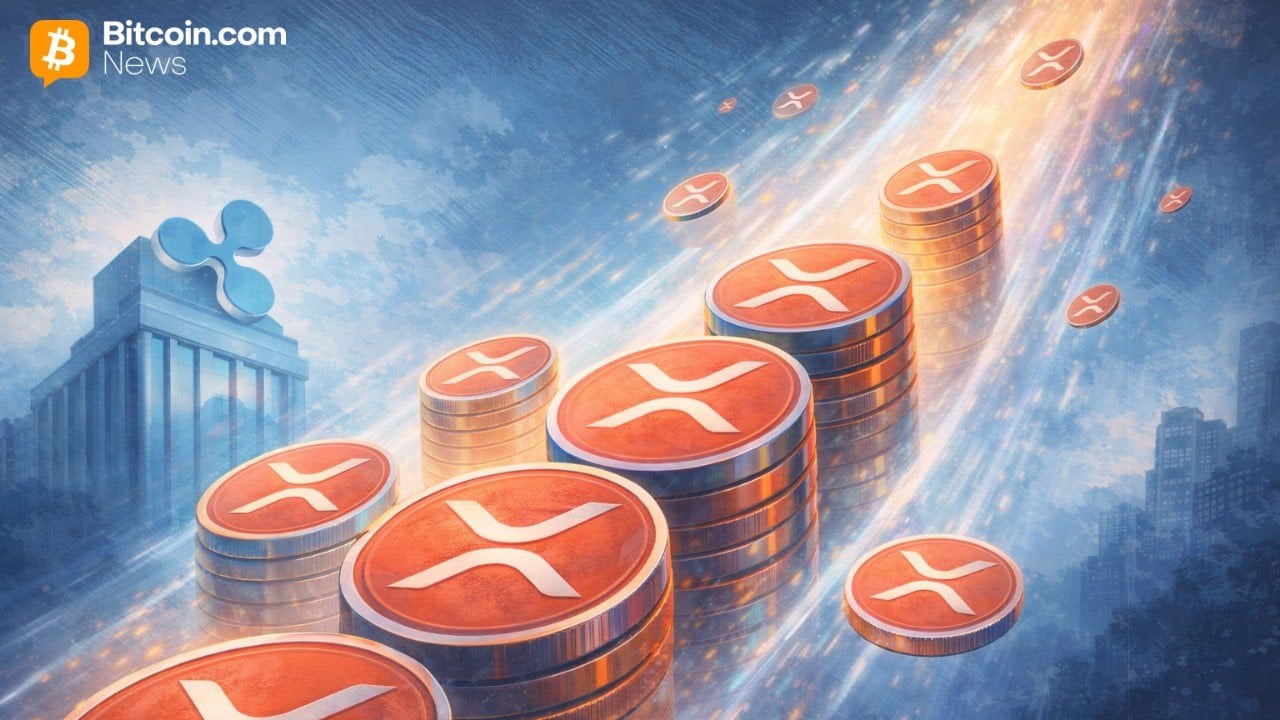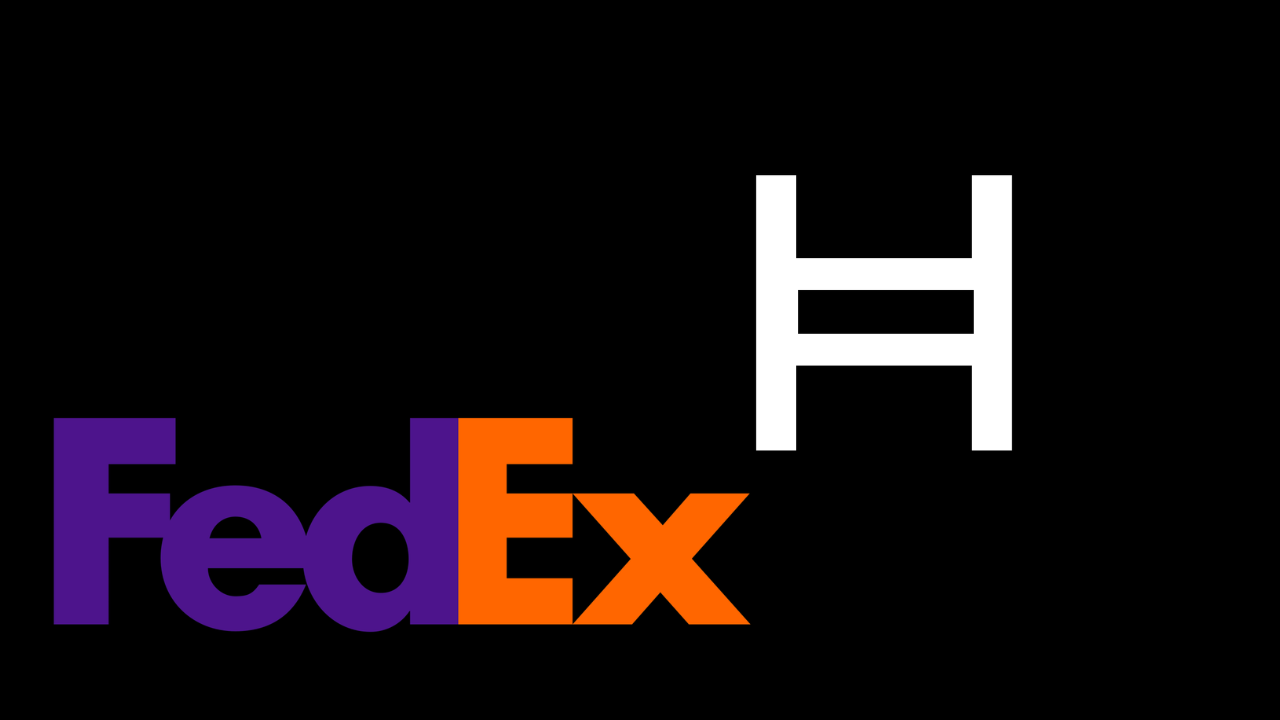Stellar’s Denelle Dixon Says Open Infrastructure Can Save Blockchain’s Future AllinCrypto October 7, 2025
Stellar Development Foundation CEO Denelle Dixon has called for the web3 industry to wake up to the direction that blockchain technology is taking.
In a recent essay titled ‘Let’s build open highways, not railroads’, Dixon compared today’s rapidly privatizing blockchain landscape to the monopolistic railroad companies, where a few powerful players controlled who could move goods, how much it would cost, and where commerce could flow.
According to the SDF CEO, blockchain is in danger of repeating mistakes that turned open innovation into a string of corporate gatekeeping, stifling innovation.
Denelle Dixon says Closed Rails and Controlled Access Threaten Web3
Dixon says blockchain’s ware meant to create open financial highways and not private railroad tracks owned by corporations.

Major payment processors, exchanges, and banks are beginning to launch their own closed or integrated blockchains; an example would be Swift’s decision to launch its own DLT network. These networks might start out open, but could be built in ways that allow the head entity to decide later who gets access and under which terms.
From Denelle Dixon:
The railroads didn’t compete; they divided territory. They didn’t serve everyone; they served those who could pay. The lesson was simple: whoever controls the infrastructure, controls the commerce.
The current trend reflects monopolies where those firms that controlled key infrastructures were able to control the markets.
In the early days of the internet, Microsoft’s Internet Explorer dominated how people accessed websites. Firefox, an open-source, transparent alternative to Internet Explorer, restored choice and fairness. Dixon believes blockchains face a similar test.

When a single company owns every layer, issuance, custody, processing, and acceptance, it no longer enables innovation. but can extract value. The leader can decide which assets are enabled, which transactions are cleared, and which users can participate in the network.
Financial infrastructure that was supposed to empower the world could slowly become an unfortunate, closed ecosystem controlled by a select group of companies.
Who Controls of the Future of Money?
Private blockchains owned by corporations have built-in incentives to maximize shareholder returns. That means the possibility of higher fees, selective access, and policies that are influenced by profit generation instead of inclusion.
Denelle Dixon:
When private entities control financial infrastructure, they don’t just facilitate transactions — they get to make the rules. They provide preferential pricing to favored entities, they censor content or projects they disagree with, and exert influence within their walled garden.
Open networks like Stellar do not have profit-aligned shareholders to answer to. The XLM network was designed as a public good with infrastructure that serves everyone around the world.
On Stellar, transactions cost almost nothing, and access is universal. Developers anywhere in the world are able to build payment systems, stablecoins, and tokenized assets without needing permission.
A Solution: Stellar’s Open Architecture
Stellar represents the kind of open, interoperable infrastructure that Dixon argues the world needs. Stellar is permissionless, meaning anyone can issue tokens or integrate international payments.
XLM provides a shared, neutral layer for value transfer, not controlled by a single company, but maintained by validators.

By prioritizing interoperability and transparency, Stellar can promise users that no single entity will trap users and dictate what they can or can’t do.
Dixon’s message says the window for keeping blockchain technology open may be closing. Every time a private company builds a closed ledger, the world can become dependent on centralized infrastructures.
Stellar is able to show that blockchains can still deliver on their original promise of equal access and finanical innovation via decentralization.
If the future of finance is to remain free, open, and inclusive, it will be built on networks like Stellar — highways open to everyone, owned by no one.
The post Stellar’s Denelle Dixon Says Open Infrastructure Can Save Blockchain’s Future first appeared on AllinCrypto.






